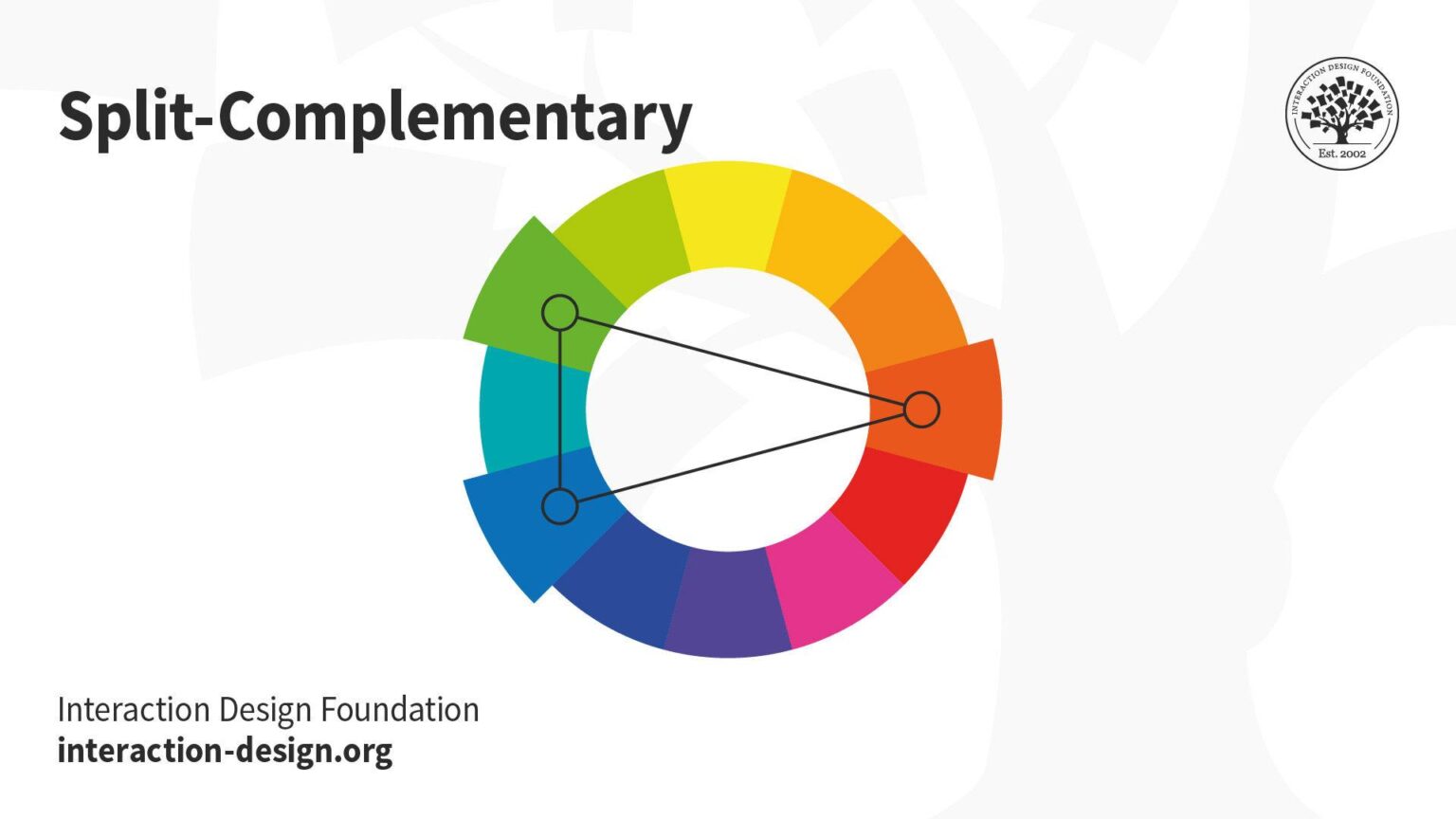Ethiopia Reaches WHO Maturity Level 3: A Landmark in Medicines Regulation**
Ethiopia has recently attained a significant achievement by reaching the World Health Organization’s (WHO) Maturity Level 3 in medicines regulation. This accomplishment highlights the nation’s dedication to strengthening its healthcare system and ensuring that pharmaceuticals distributed within its borders meet stringent safety and quality standards. The WHO maturity model evaluates countries’ regulatory capabilities, and Ethiopia’s new status places it among the leading African nations advancing toward superior healthcare governance. This progress promises substantial benefits for patients, medical professionals, and pharmaceutical stakeholders alike, fostering improved access to reliable medications alongside a more resilient health infrastructure.[Source]
Transforming Ethiopia’s Pharmaceutical Oversight: Achieving WHO Maturity Level 3
Ethiopia’s elevation to WHO Maturity Level 3 marks a transformative phase in its regulatory landscape for medicines. This rating reflects an advanced capacity to systematically assess, approve, and monitor medicinal products with rigor-ensuring they are both safe and effective for public use. It aligns seamlessly with ongoing national reforms aimed at reinforcing public health systems across the country.
This milestone was made possible through concerted efforts involving key players such as the Ethiopian Food and Drug Authority (EFDA), government agencies, international partners, and local industry experts. Critical factors contributing to this success include:
- Robust Regulatory Policies: Implementation of comprehensive guidelines governing medicine approval processes.
- Workforce Development: Extensive training initiatives designed to enhance expertise among regulators and pharmaceutical professionals.
- Community Engagement: Public education campaigns emphasizing the importance of medicine quality assurance.
These advancements not only elevate Ethiopia’s regulatory framework but also lay a foundation for improved health outcomes nationwide. Continued collaboration between stakeholders will be essential in sustaining this momentum.
The Ripple Effect: Enhancing Public Health & Medicine Accessibility
Achieving WHO Maturity Level 3 significantly boosts Ethiopia’s ability to safeguard public health by enforcing stricter controls over medicinal products’ safety and efficacy. As a direct result:
- Ethiopians gain broader access to essential drugs across urban centers and rural areas alike.
- The quality assurance mechanisms ensure higher standards in pharmaceutical manufacturing and distribution.
- A strengthened pharmacovigilance system improves detection of adverse drug reactions enhancing patient safety.
Beyond these immediate benefits, enhanced regulation supports regional disease control efforts[Source], particularly against endemic illnesses such as malaria or tuberculosis prevalent in East Africa.
Moreover, this progress is expected to stimulate economic growth by attracting both domestic investors and multinational pharmaceutical companies seeking stable markets with transparent regulations.[Source]. Affordable healthcare solutions become increasingly attainable as regulatory confidence grows.
| Key Area | Expected Outcome |
|---|---|
| Medicine Availability | Broad distribution across healthcare facilities nationwide |
| Civic Confidence | Heightened trust in medical services due to assured drug quality |
| Investment Environment | Lure of foreign direct investment into pharma sector expands market opportunities |
Sustaining Progress: Strategic Steps Forward for Regulatory Excellence
To maintain momentum following this landmark recognition from WHO, Ethiopia must pursue targeted strategies that reinforce its medicines regulation framework while adapting dynamically to emerging challenges:
- Cultivating Partnerships: Strengthen ties with global organizations like WHO alongside NGOs focused on health innovation-facilitating knowledge exchange & resource mobilization.
- Lifelong Learning Initiatives: Establish continuous professional development programs ensuring regulators stay abreast of evolving scientific advances & international best practices.
- Aware Communities: Expand outreach programs educating both providers & consumers about compliance importance-fostering shared responsibility towards medication safety.
Additionally,[Source]a structured feedback mechanism engaging all stakeholders can provide critical insights into operational effectiveness:
| Focus Area | Recommended Actions |
|---|---|
| Policy Enhancement | Regularly revise regulations aligning them with global benchmarks |
By embedding these approaches into national strategy plans,Ethiopia can cultivate an adaptive regulatory environment that safeguards public welfare while promoting innovation within its pharmaceutical industry. [Source]
A Vision Ahead: Cementing Healthcare Gains Through Regulation Excellence
Ethiopia’s attainment of WHO Maturity Level 3 represents more than just an administrative upgrade-it signals robust commitment toward elevating national healthcare standards consistent with international norms. This achievement enhances confidence among patients regarding medicine safety while positioning Ethiopia as a regional leader capable of attracting investments vital for sustainable growth.
Looking forward,the country faces opportunities-and responsibilities-to deepen these gains through persistent reform efforts,fostering partnerships,and embracing technological innovations.This trajectory promises expanded access not only to safer medications but also improved overall wellbeing for millions across Ethiopia-a testament that strong medicines regulation is foundational not just for individual health but societal prosperity at large.
This milestone sets an inspiring example throughout Africa on how dedicated policy implementation combined with collaborative engagement can transform healthcare landscapes effectively-and sustainably-for generations ahead.

